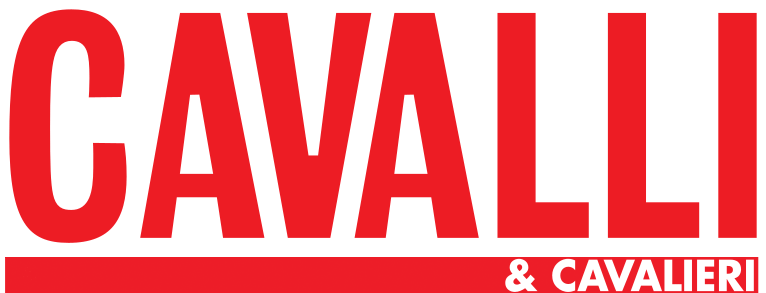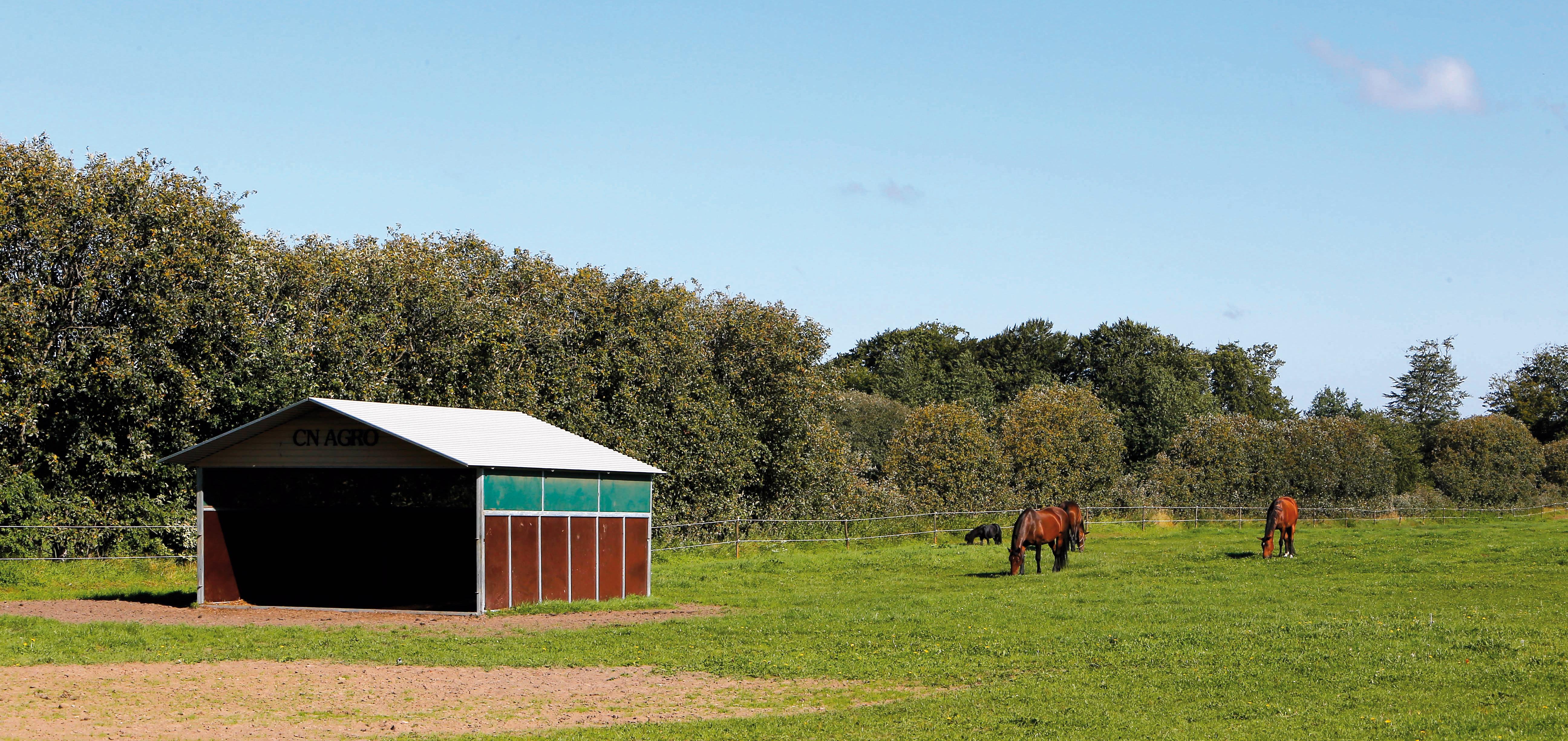Vitamins & co.
How to strengthen horses’ immune system
The serious Equine Herpes Virus (EHV1) epidemic that has recently spread has obliged us to stop and rethink many of the ways in which we manage our horses. Their health comes before anything else, before competitions, before prizes, before victories and personal satisfaction. So as to maintain a horse in good health one must:
- – Pay great attention to its diet in terms of energy sources, amount of fodder and the quality of proteins as well as amino acids and essential fatty acids such as omega 3, minerals and vitamins.
- – Organise veterinary visits and planned tests with one’s own vet who will not only inform us about compulsory vaccinations but also those suggested to protect our horses.
- – Avoid repeated stress at close intervals that increases the risk of diseases such as viral ones. Long travels as well as all change to which a horse is subjected, act as a stress agent.
Which nutrients are needed to support a good basic diet?
- – Prebiotics and probiotics: these help maintain a healthy microbial flora, which competes with harmful microorganisms and also produces volatile fatty acids, enzymes and other substances which, once absorbed, help maintain an efficient body.
- – Vitamins: vitamin C is the most important vitamin for immunity. Ascorbic acid is a powerful antioxidant that protects the body from free radicals and is involved in immune defence and in the process of reactivating vitamin E, another key vitamin in protecting the body.
- – Antioxidants: during a normal immune response, cells are activated that produce free radicals in their role as defenders from viruses and bacteria. Free radicals, once produced, must be counterbalanced by antioxidants otherwise the body will suffer the damage caused by oxidative stress. This delicate balance must always be maintained.
Full article on April’s issue.





